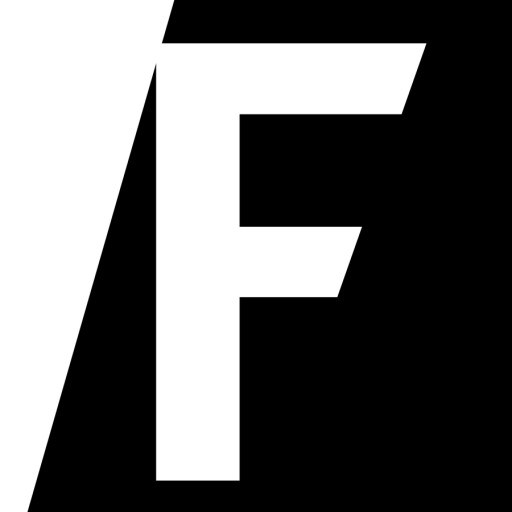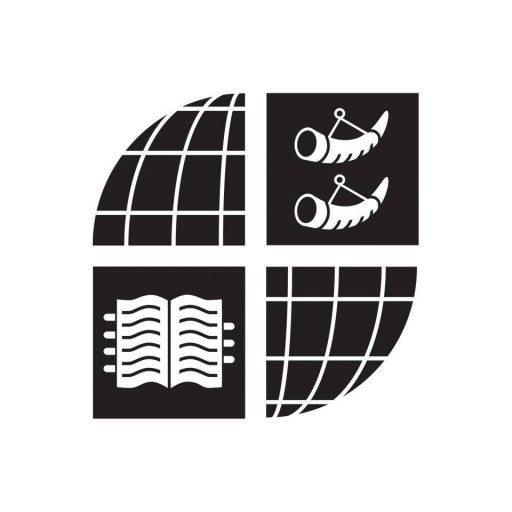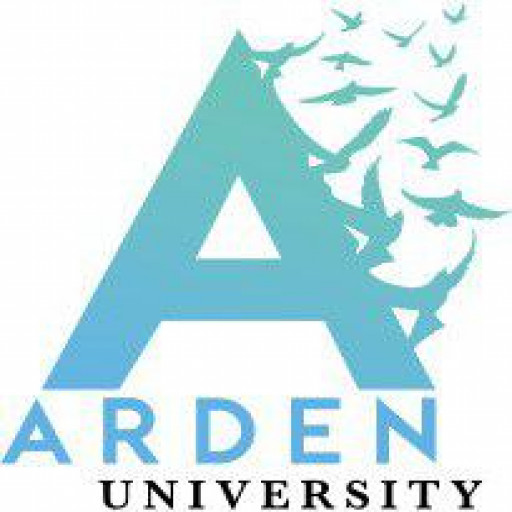Photos of university / #falmouthuni
Description: The BA (Hons) in Communication Design at Falmouth University offers an innovative and dynamic programme that prepares students to excel in the evolving world of visual communication. Focusing on developing versatile design skills, the course combines contemporary practice with theoretical understanding, empowering students to create compelling visual solutions across various media and platforms. Throughout the programme, students will explore key areas such as branding, typography, advertising, digital media, and user experience design, fostering a comprehensive skill set applicable to numerous industries. The curriculum emphasizes a hands-on approach, encouraging experimentation, creativity, and strategic thinking to address real-world challenges. Students will engage with industry-standard software and tools, participate in collaborative projects, and undertake live briefs from professional clients, ensuring they gain practical experience and a strong portfolio for their future careers. The programme also promotes critical reflection and contextual understanding, enabling students to grasp the cultural, social, and technological factors influencing design practice today. With access to state-of-the-art facilities, expert lecturers from diverse backgrounds, and opportunities for international exchanges and work placements, students are supported to develop as confident, adaptable, and innovative communication designers. Graduates of this programme are well-equipped to forge successful careers in graphic design, branding agencies, advertising, digital media, and beyond, or to pursue postgraduate study. Falmouth University’s commitment to sustainability, ethical practice, and community engagement further enriches the learning experience, preparing students to become responsible and forward-thinking professionals in the global creative industry.
The course prioritises fresh and fearless thinking, developing students who see no boundaries to their work, curious to engage and discover while pursuing the highest level of innovation in communication design.
You'll gain an understanding of the global framework of communication design, and an approach to design process that delivers great ideas across diverse media platforms.
Mirroring the success of longstanding programmes at our School of Communication Design, you'll benefit from frequent industry contact, enabling you to stretch and question your practice, gaining inspiration from within and beyond your immediate boundaries.
Attracting a range of applicants, the course prepares you for independent or studio practice, in the applied creative industries, broader arts, or further academic research.
Our priority is to encourage your development by distilling and building your creative voice and ambition. We do so via three semesters, deconstruction, reconstruction and reinvention, with project outcomes mirroring a design process structure.
Study Block 1
Semester 1: Deconstruction
- MACD 101: Process
(20 credits)
This module introduces the components of design process in relation to your own personal practice. Through provocation and critical debate you'll reflect on and challenge what you do, seeing how global, experiential and experimental insights can generate the most appropriate process models for a contemporary communications problem. - MACD 102: Intersections
(20 credits)
This module examines the fundamental components to the production of design: human interaction and collaboration. Whether this interaction is between client and designer, object and user, or experience and emotion, it allows you to experience provocative challenges that hone your own standpoint. You'll learn how social engagement, polar tension or friction can inspire new thinking. - MACD 103: Boundaries
(20 credits)
This module allows you to take more radical entry points into your understanding of practice; taking project interest into new forms or creating critical design response from more theorised or experimental catalysts.Provocateurs will continue to challenge and stretch the limits of your enquiry, exploring new theoretical models and examining the debate of 'designer as author'; how works are translated or used; and how they or their work become the provocateur.
Study Block 2
Semester 2: Reconstruction
- MACD 104: Curate and build
(40 credits)
You'll deep dive into your emergent interests, exploring how technology and an increasingly complex consumer and cultural landscape may effect your enquiry. Thinking by doing, you'll elect and develop skill sets and a depth of study in both practice and theory. With the module running across the whole semester, it allows you to fully prepare and test ideas and craft, sectors and media as you begin to prepare your main MA project.
- MACD 105: Compete
(20 credits)
Ahead of the final semester, you'll begin to look at avenues and insights for your own practice and from a business or funding perspective. You'll build professional skills relevant to individual need and examine components of design development including publishing, presentations, production and IP.
The module will also examine other methodologies of delivering work around the world, whether through commission or employment, working in known fields of the creative industries or with museums, arts organisations or universities and research bodies.
Student will also engage in competitive projects set by external bodies.
Study Block 3
Semester 3: Reinvention
MACD 106, MA project
(60 credits)
This module allows you to realise your final major project, in a largely self directed semester, bringing together practice, theory and an evaluation phase that provides reflection and potential industry or funding opportunities to be negotiated ahead of graduating.
The first phase leads to exhibiting at a key industry or cultural event, with an interim show. The second sees you gather insights, industry or critical feedback, or undertake an internship, or preparing for the launch of your project. This final phase sees the production of an essay or strategic report, depending on future plans.
Requirements
- We welcome applications from those with relevant equivalent Level 6 qualifications, or relevant equivalent experience, and a demonstrable interest in their subject.
- Entrants will have a background in the subject or related subject area, acquired through previous study. This will be a bachelor's degree with honours or equivalent in areas such as graphic design, illustration, communication and digital media, photography, film or similar studio based disciplines. Other subject specialisms will be considered on a one-to-one basis and be subject to individual creative proposals and creative ability.
- We also welcome applications from prospective students who do not necessarily hold conventional higher education entry qualifications. This process is called Accreditation of Prior Learning (APL). Prior learning includes both formal or 'certified' learning (such as training courses not run by universities or colleges) and informal or 'experiential' learning (gained as a result of work experience or self-study). This experience should be current (gained within the last five years) and should be equivalent to the learning outcomes of our minimum entry qualifications. Please see our APL Policy and Procedure under Admissions on our Student Regulations page
- APEL applicants using experience to apply should note there is a £200 application fee for entry with advanced standing or with exemption from specific modules or credit.
- If English is not your first language, you'll need to demonstrate English language skills that are sufficiently developed for successful completion of your studies. We accept a range of recognised English language qualifications that are equivalent to the International English Language Testing System (IELTS) Academic minimum score of 6.5 overall, with a minimum of 6.0 in Reading, Writing, Speaking and Listening. International applicants who require a Tier 4 student visa to study in the UK, must take an approved Secure English Language Test (SELT) to fulfil government visa requirements, or have a recognised language test approved and vouched for by the University. Our Admissions team can help with any questions you may have about study visas or suitable language tests.
- We'll be asking you to submit a portfolio of work, showing your key interests and skills to date; between six and 12 projects with some evidence of your working methodology. You'll also submit a 600-word project outline or description of the area of interest you may be particularly interested in studying while on the MA.
Scholarships
Scholarships for International Students
Through the award of scholarships we aim to support academic enrichment by encouraging diversity and excellence at Falmouth. In 2016 Falmouth University awarded £70,000 worth of international scholarships.
International Scholarships for 2017 will be announced on this page in November
The Communication Design programme at Falmouth University is a comprehensive course that explores innovative practices in visual communication, branding, and media. It is designed to equip students with a versatile skill set that includes graphic design, advertising, digital media, and strategic communication. The programme emphasizes both creative development and practical application, preparing graduates for diverse careers in the communication industries. Students engage with a variety of projects that challenge them to think critically about visual storytelling and the role of design in society. The curriculum integrates traditional design principles with emerging digital technologies, ensuring that students are competent in contemporary tools and techniques. Collaboration and industry engagement are key aspects of the programme, providing opportunities for real-world experience and professional networking. The course also encourages conceptual thinking, enabling students to develop innovative solutions for complex communication problems. Falmouth’s vibrant creative community and access to state-of-the-art facilities empower students to experiment with different media and formats. The programme can lead to careers in advertising agencies, branding consultancies, digital media companies, publishing, and freelance design practice. Graduates are well-prepared to adapt to changing industry trends and to contribute creatively to a wide range of sectors. The teaching staff are experienced practitioners and researchers, offering mentorship and insights into current industry practices. The university’s location in Cornwall also offers a unique environment that fosters creativity and individual expression. The programme’s structure typically combines practical workshops, lectures, group projects, and individual research, culminating in a professional portfolio. Overall, the Communication Design course at Falmouth University provides a rigorous and inspiring education for aspiring communication specialists who want to make a meaningful impact through visual storytelling.



